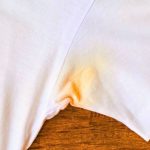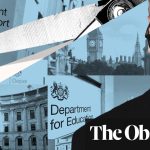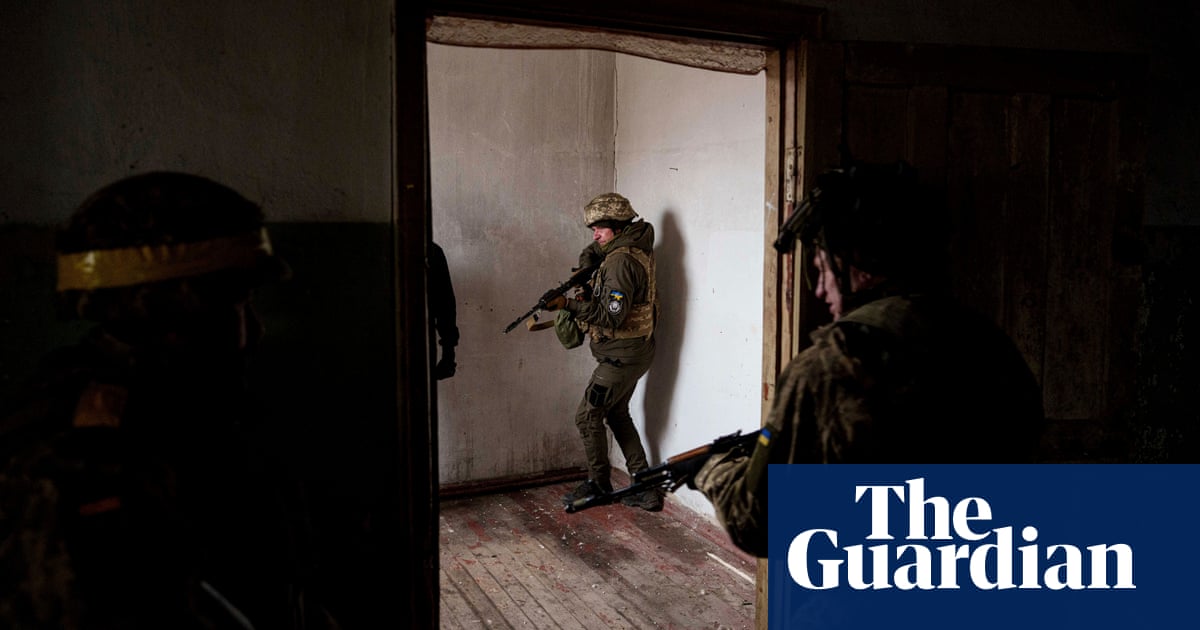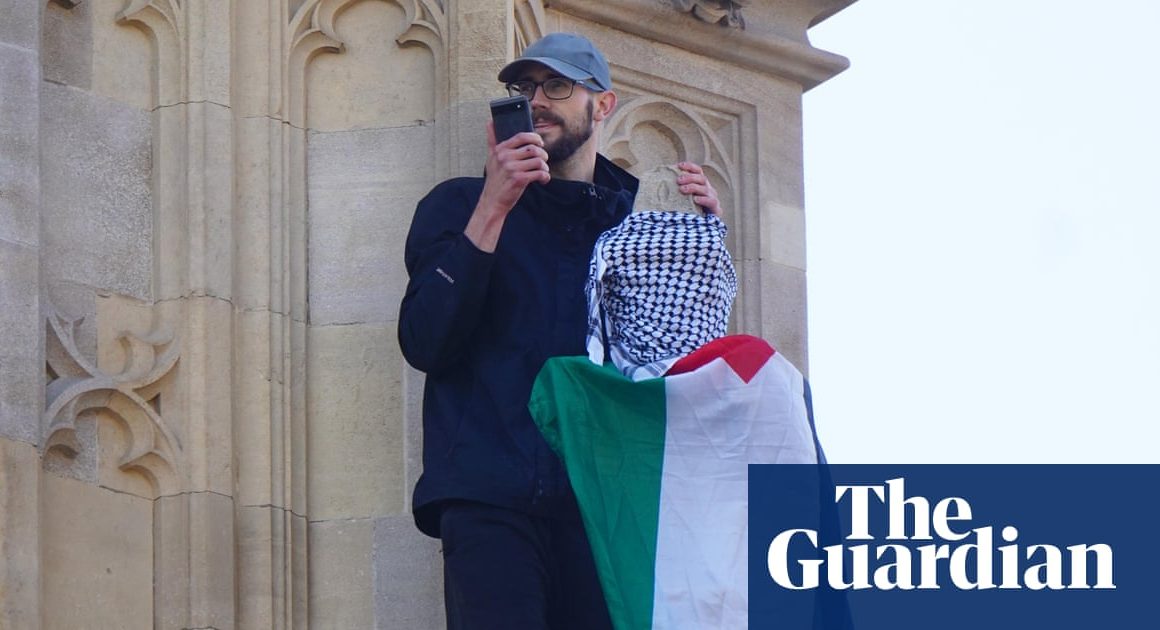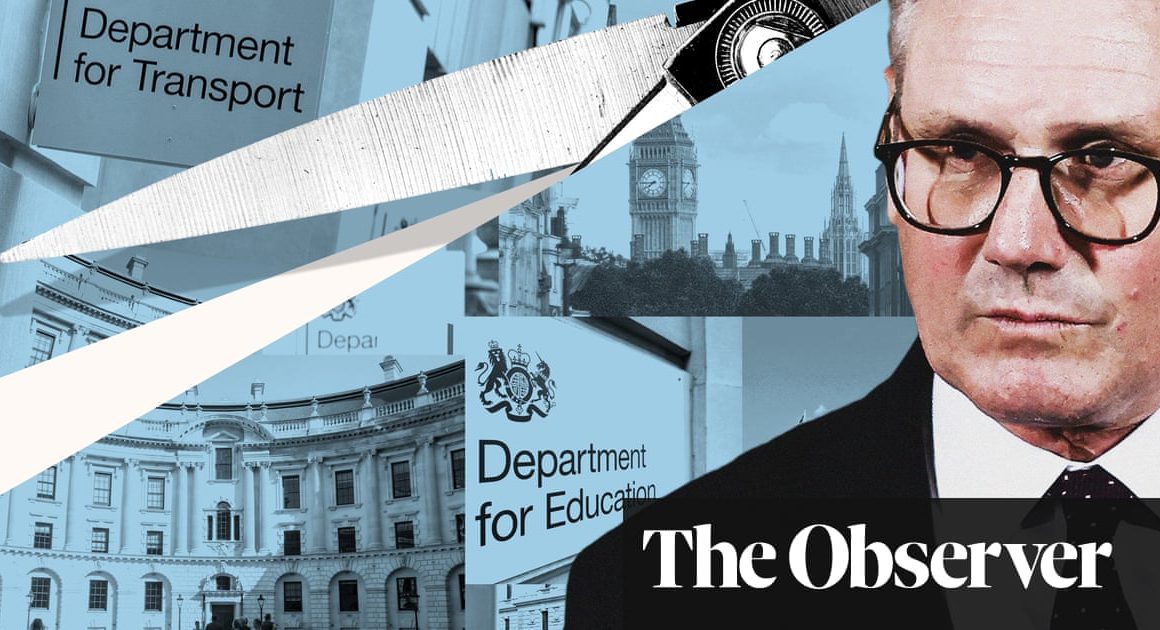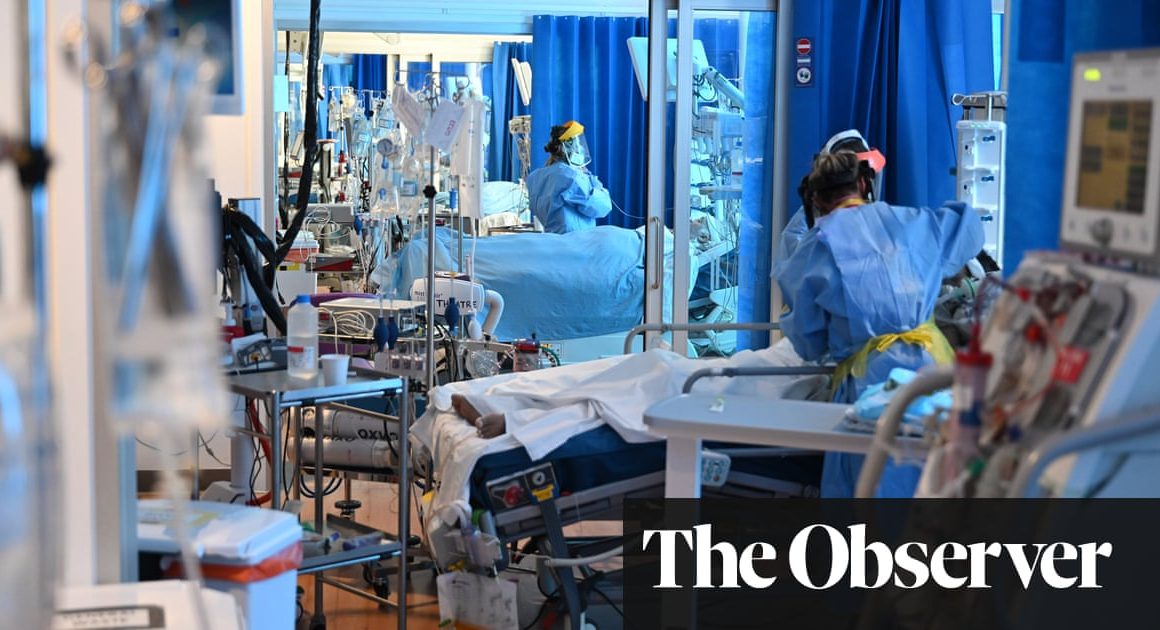President Donald Trump says he wants to negotiate an agreement with Ukraine in which Kyiv guarantees supplies of rare earth metals, key elements used in electronics, in exchange for aid. Ukrainian President Volodymyr Zelenskyy had floated such an idea last October as part of his “victory plan” for ending the war with Russia. “We’re telling Ukraine they have very valuable rare earths,” Trump said on Monday. “We’re looking to do a deal with Ukraine where they’re going to secure what we’re giving them with their rare earths and other things.” Trump, speaking to reporters at the White House, said Ukraine was willing, adding that he wants “equalisation” from Ukraine for Washington’s “close to $300bn” in support.
German chancellor Olaf Scholz criticised Trump’s demand for quid pro quo, saying “it would be very selfish, very self-centred”. Such resources would be better used for the country’s reconstruction after the war, Scholz said after meeting with fellow EU leaders in Brussels.
US shipments of weapons into Ukraine were briefly paused in recent days before resuming over the weekend as the Trump administration debated its policy towards Kyiv, Reuters reports, citing four people briefed on the matter. Shipments restarted after the White House pulled back on its initial assessment to stop all aid to Ukraine, two of the sources said. Halting the flow of US weapons would hinder Kyiv’s ability to fight, and put it in a less advantaged negotiation position in peace talks. The White House did not immediately respond to a request for comment.
A dire shortage of infantry troops and supply routes coming under Russian drone attacks are conspiring against Ukrainian forces in Pokrovsk, where decisive battles in the nearly three-year war are playing out – and time is running short. Ukrainian troops are losing ground around the crucial supply hub, which lies at the confluence of multiple highways leading to key cities in the eastern Donetsk region as well as an important railway station. Moscow is set on capturing as much territory as possible as the Trump administration is pushing for negotiations to end the war.
Ukrainian soldiers in Pokrovsk said that Russian forces switched tactics in recent weeks, attacking their flanks instead of going head-on to form a pincer movement around the city. With Russians in control of dominant heights, Ukrainian supply routes are now within their range. Heavy fog in recent days prevented Ukrainian soldiers from effectively using surveillance drones, allowing Russians to consolidate and take more territory. Meanwhile, Ukrainian commanders say they do not have enough reserves to sustain defence lines and that new infantry units are failing to execute operations.
Russian forces advanced 430 square kilometres (166 square miles) into Ukrainian territory in January and are headed towards the logistics hub of Pokrovsk, according to an AFP analysis of data from the US-based Institute for the Study of War (ISW). This marks a slight slowdown compared to previous months, after a record advance of 725 square kilometres in November and 476 square kilometres in December.
Ukraine’s army chief condemned on Monday a spate of violent attacks on draft officers, rallying in defence of a national call-up effort that has fuelled anger among some Ukrainians and struggled to generate sufficient frontline manpower. The incidents, including the fatal shooting of a draft officer and explosions at two draft offices in three days, pile pressure on an already-troubled national campaign to draft civilians despite faltering enthusiasm for service. Gen Oleksandr Syrskyi, who has complained of manpower shortages at the front, denounced what he said were “shameful acts of violence”.
The UN on Monday said that Russian forces have been killing more captured Ukrainian soldiers over recent months, echoing growing allegations from officials in Kyiv. The UN monitoring mission in Ukraine said that since the end of August last year it had “recorded 79 such executions in 24 separate incidents” by Russian forces.
A bomb exploded in the lobby of a luxury apartment block in Moscow, killing a pro-Russia paramilitary leader from eastern Ukraine alongside his bodyguard. The bomb detonated just as a man with bodyguards entered the lobby of the Scarlet Sails residential complex on the banks of the Moscow River on Monday, Russian media reported.
An 18-year-old British man was killed in a Russian drone strike, just minutes into his first mission after volunteering to fight in Ukraine. James Wilton, from Huddersfield, in West Yorkshire, was 17 when he left the UK to fight against Russia, flying from Manchester to Poland before crossing the border into Ukraine.
International Atomic Energy Agency (IAEA) chief Rafael Grossi said late on Monday that he was on his way to visit Kyiv and inspect a key substation that is critical for the safety of Ukraine’s nuclear power. More than half of the electricity consumed in Ukraine is generated by three nuclear power plants, but Russian missile and drone attacks on substations threaten the stable operation of nuclear power plants, according to Ukraine’s nuclear inspector’s office.
Pro-European Moldova, buffeted by Russia’s invasion of its neighbour Ukraine, on Monday denounced what it said was a violation of its airspace by a drone and said it was discussing with its allies how to boost air defences. Moldova’s defence ministry said the drone entered the country’s airspace from Ukraine, remained for a brief time, and then went back over Ukrainian territory.

